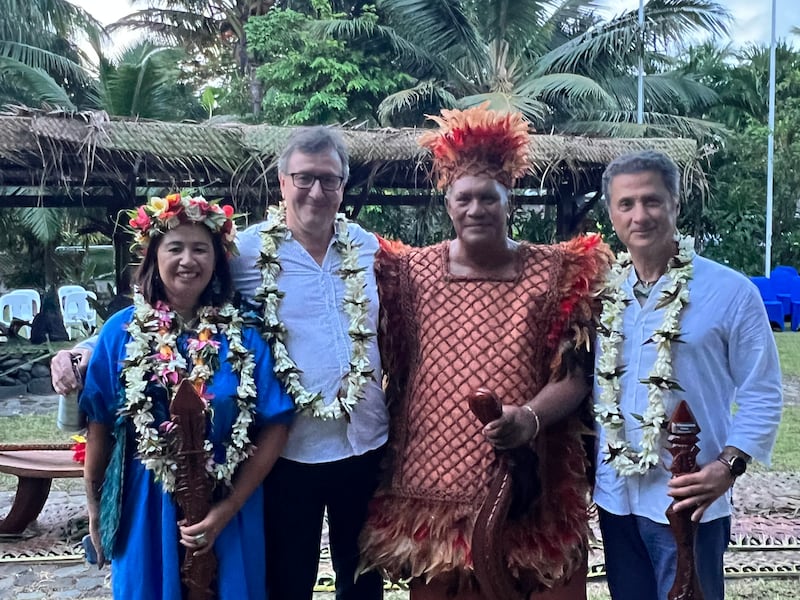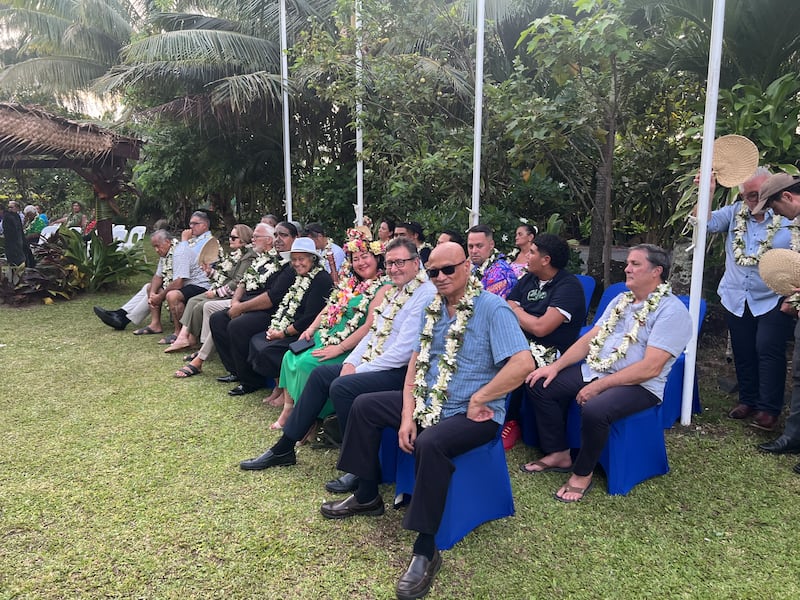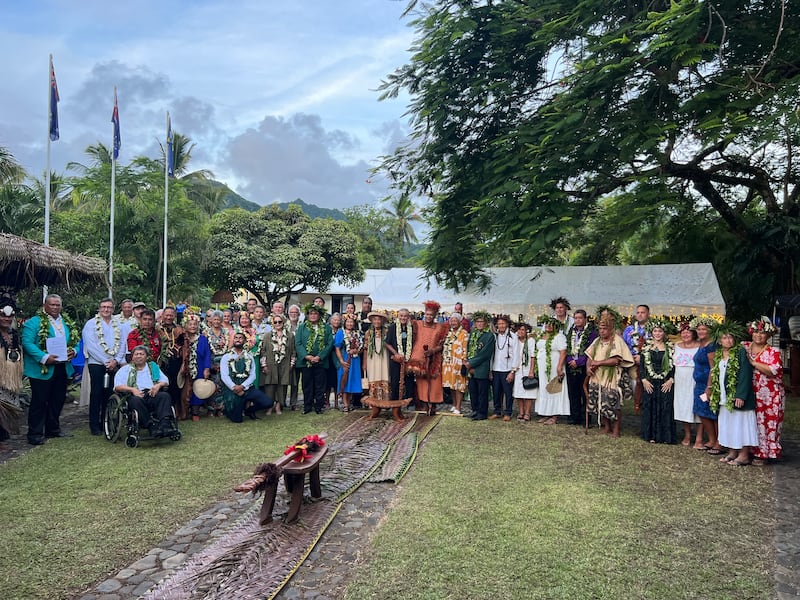Indigenous people are leading the way in conserving the ocean and in recognising the legal personhood of whales, a world-renowned ecologist says.
Founder of Blue Carbon and lead technician working with indigenous founders of the Hinemoana Halo ocean initiative, Dr Carlos Duarte says the signing of He Whakaputanga Moana (Declaration for the Ocean) granting whales legal personhood is historic and indigenous people are leading the way.
“It’s history for two reasons. First, because of the declaration that was signed that will grant legal personhood to whales and will enable the protection and the effective conservation of whales across the Pacific.
“But second, because we witness something in my opinion that will change the narrative of conservation - which is indigenous people taking the lead in leading the world into conserving our ocean and returning the abundance of life, not only for us but generations to come.”

Game changer
Financial economist and Blue Green Future co-founder Ralph Chami says whales have always been visible to indigenous people but not so much for the markets.
“It has not been visible for the rest world that only looks at nature from an asset point of view. It’s a time for the world to stop and take a deep breath and understand what really happened. It’s a game changer on so many levels.”

Chami and Duarte were among dozens of Māori and Pacific tribal leaders who signed the declaration at Atupare Marae in Rarotonga on Thursday (NZT). The signing was led by Kīngi Tūheitia and Kaumaiti Nui, Travel Tou Ariki, of the Cook Islands.
“For 42 years I’ve been working on marine ecology and science and I’ve been frustrated about the lack of action to translate science into a conservation action and also into an economy that is regenerative to the ocean, says Duarte.
“So that has been a total frustration. Indeed, I’ve seen indigenous people building on the consistency of their values and cultures but will take their lead and do so based on science and innovation.”
Connection to whales is deeper

For Conservation International Aotearoa vice-president Mere Takoko, the connection to whales is deeper as a descendant of Paikea.
“This declaration really does manifest the cultural worldview that we have for Paikea as our ancestor, as our tupuna.
“And we are in the position in the Pacific, bringing along our tikanga with us, our tikanga moana, to ensure that when we look for a holistic framework for their protection we are covering all elements.”
It’s not just talking about rights (legal personhood) for the whales but also recognising their intelligence, she says.
“They too have a culture in their own right but importantly they have beneficial impacts for all biodiversity in the ocean. They are eco-engineers of the moana.”
He Whakaputanga Moana is a holistic framework, says Takoko.
“It’s an expression of the mana moana of our ariki, our whare ariki of the Pacific, our iwi, our iwi taketake [indigenous people]. But it goes beyond that, and to really think about mana motuhake, the mana moana of the tohorā itself.”
The leaders will look to entrench the declaration into legislation across islands and island-partners, such as French Polynesia, the Cook Islands and further beyond Tonga.
“Once that legislation establishes that protection framework, we will also be seeking to put in place dynamic rāhui to protect the corridors. Those are the corridors - the ara moana - that connect Paikea from many islands back to Aotearoa.
“The aim is protecting the tohorā and protecting those spaces and reigniting the ara moana involved and the whakapapa connections between our people,” says Takoko.


